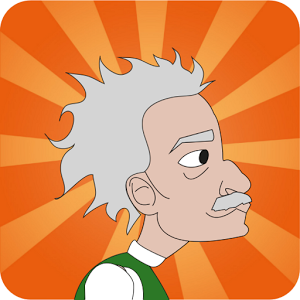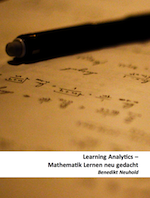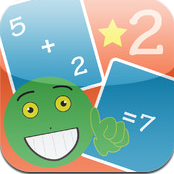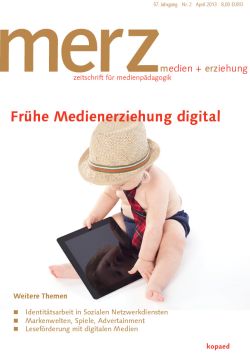Our publication at this year IADIS Conference about our Multi-Math-Trainer ist now online available. And we like to invite everyone to use it 🙂 .
Absract:
Individual learning is out of sync with the elements of a curricula and the daily program of a teacher. At a time when multidigit multiplication methods are taught, many children are not perfectly performing the basic multiplication table. Teachers organize settings for learning and they usually have no time to give an individual feedback to every single student. Furthermore they have no physiological capacity to produce statistics and to investigate the probable causes of errors. Our goal is to give teachers a tool to help them to review and train some typical requirements for written multiplying. We use the ubiquity of the Internet and provide on different devices free applications with written multiplication problems. All data are collected centrally and are used to determine typical errors. These data could also be used to answer further new questions and test new hypothesis. This is one aspect of Learning Analytics. The given tasks are automatically adapted to the skill level of a student. Teachers can see every detail of the solution process of every task. But really useful is that teachers can see the typical problems of each student as well as of the whole class every time at a glance. They need just a connection to the database with a web browser – anywhere, anytime.
Reference: Ebner, M., Schön, M., Taraghi, B., Steyrer, M. (2013) Teachers Little Helper: Multi-Math- Coach, Proceedings of the IADIS International Conference e-Learning 2013, Nunes, M. B. & McPherson, M. (Ed.), Prague, IADIS Press, p. 183-190
 Im Rahmen einer Projektarbeit ist die App Math Evo für Android entstanden. Dabei stand der Gedanke im Vordergrund spielerisch Kinder zu unterstützen beim einfachen addieren und subtrahieren. Herausgekommen ist ein Spiel das vielleicht ein wenig an den Klassiker Donkey Kong erinnert 🙂 . Wir wünschen viel Spaß damit und freuen uns auf Rückmeldungen.
Im Rahmen einer Projektarbeit ist die App Math Evo für Android entstanden. Dabei stand der Gedanke im Vordergrund spielerisch Kinder zu unterstützen beim einfachen addieren und subtrahieren. Herausgekommen ist ein Spiel das vielleicht ein wenig an den Klassiker Donkey Kong erinnert 🙂 . Wir wünschen viel Spaß damit und freuen uns auf Rückmeldungen.



